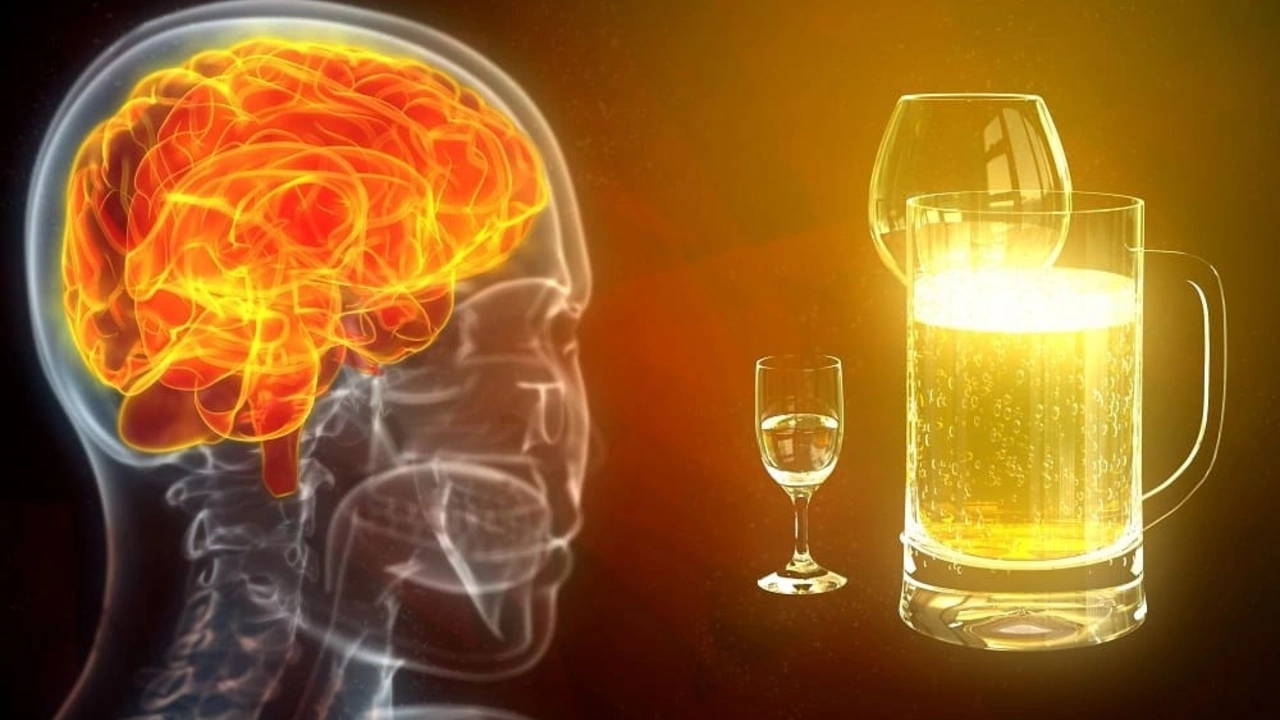Alcohol and Health: How Beer Affects Your Body
Beer can definitely make you drunk. That sounds obvious, but people often forget that one bottle can be enough depending on who you are and how you drink. A typical 12 oz (355 ml) beer at 5% alcohol contains about one standard drink—roughly 14 grams of pure alcohol. What matters is how many of those standard drinks you put into your body and how fast you drink them.
How beer causes intoxication
Alcohol enters your bloodstream through the stomach and small intestine. From there it goes to your brain and slows down how nerves communicate. You’ll first feel relaxed, then your coordination and judgment decline. Blood alcohol concentration (BAC) rises with every drink. For many adults, a BAC of 0.08%—the legal limit for driving in many places—happens after about 4 drinks for men or 3 drinks for women within two hours, but body weight, sex, age, and genetics change that number.
Eating food slows absorption, drinking fast raises BAC quickly, and mixing drinks or taking certain medications can amplify effects. People with higher tolerance feel fewer immediate effects but still absorb the same amount of alcohol, which can hide risk and lead to overconsumption.
Practical signs and when to get help
Watch for slurred speech, poor coordination, vomiting, confusion, and memory gaps—these show rising intoxication. If someone becomes hard to wake, breathes slowly or irregularly, has a seizure, or turns blue, call emergency services right away. Don’t wait. Alcohol overdose can be life-threatening.
Beyond immediate effects, regular heavy drinking raises the risk of liver disease, high blood pressure, some cancers, depression, and addiction. Even moderate regular drinking can add risk over time. If you’re taking prescription drugs, check with a provider—many meds interact badly with alcohol.
Want to drink and stay safer? Pace yourself. Aim for no more than one standard drink per hour and alternate alcoholic drinks with water. Eat a solid meal before or while drinking. Set a limit before you start and stick to it. Use a ride service or a sober friend if you plan to drink.
If you notice drinking creeping up—needing more to feel the same effects, missing responsibilities, or cravings—talk to a doctor or a counselor. Small changes early make a big difference.
Quick tips: count standard drinks, avoid drinking on an empty stomach, don’t mix alcohol with sedatives, and never drive after drinking. Knowing how beer affects you helps you enjoy social moments without putting your health or safety at risk.
Can beer make us drunk?
In my exploration of whether beer can make us drunk, I discovered that yes, it absolutely can. The alcohol content in beer directly contributes to the level of intoxication a person may experience. It all depends on factors like the quantity consumed, the drinker's body weight, and how quickly they're drinking. However, remember, moderation is key, as excessive drinking can lead to serious health issues. So, while enjoying that cold one, always be mindful of your limits.
learn more